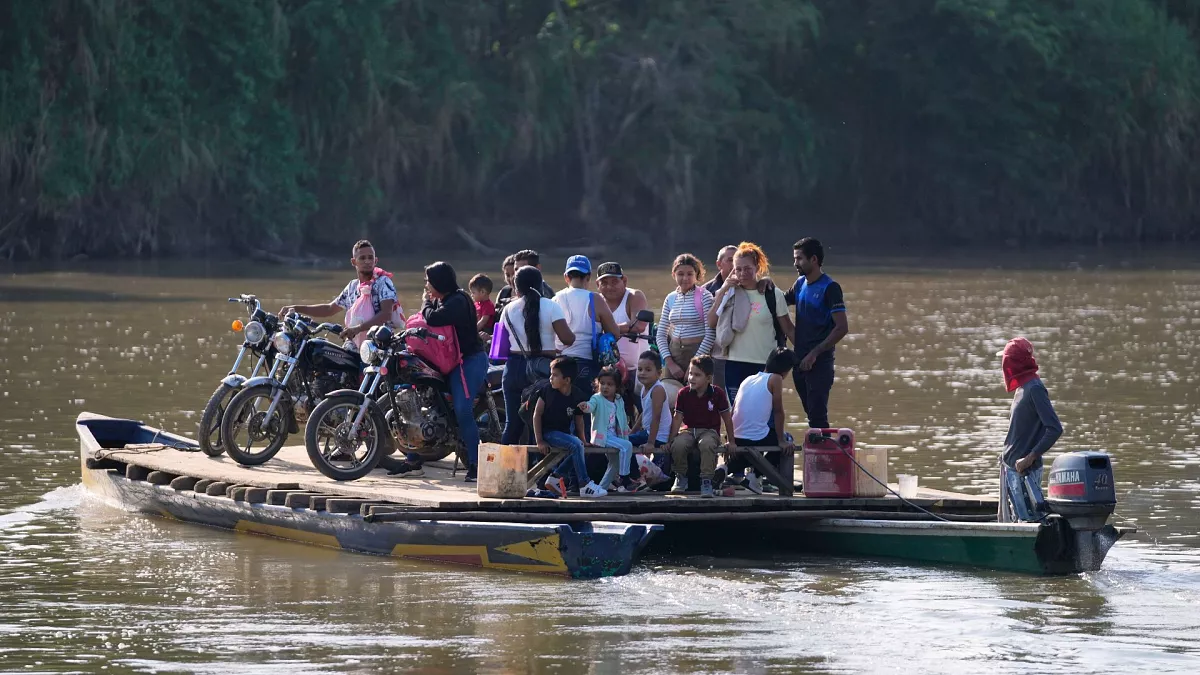Urgent Call for Peace in Colombia Amid Rising Violence

The recent surge in violence in Colombia has raised alarm bells both domestically and internationally. This escalation comes in the wake of one of the deadliest periods since the signing of the 2016 Final Agreement for Ending the Conflict and Building a Stable and Lasting Peace. The United Nations Security Council has underscored the urgent need to implement the security guarantees outlined in this agreement. As violence continues to plague regions like Catatumbo, the situation demands immediate attention and action from all stakeholders involved.
Violence in Catatumbo: A Dire Situation
The Catatumbo region in northeastern Colombia has become a focal point of violence, with reports indicating that over 80 people have been killed in just six days. This wave of bloodshed is attributed to clashes between the Ejército de Liberación Nacional (ELN) and a rival group known as Estado Mayor de los Bloques y Frentes (EMBF). Carlos Ruiz Massieu, the Special Representative of the Secretary-General, expressed deep sorrow over the targeted killings that have claimed numerous lives. Many victims were reportedly singled out, highlighting the brutal nature of the conflict.
The violence has not only resulted in fatalities but has also led to the kidnapping of around 100 individuals and the displacement of over 30,000 people. The ongoing confrontations between armed groups in areas with limited state presence exacerbate the situation. The Ministry of the Interior’s rapid response plan, aimed at implementing the 2016 peace agreement, is crucial. However, its success hinges on the availability of adequate resources. Without these resources, the plan may falter, leaving vulnerable communities at the mercy of armed groups.
Impact on Ethnic Communities and Women
The violence in Colombia disproportionately affects ethnic communities, particularly Afro-Colombians and Indigenous groups. The ethnic chapter of the Final Agreement, which aims to address the needs and protection of these communities, has seen little progress since its inception. Armando Wouriyu Valbuena, Secretary of the Special High-Level Body on Ethnic Peoples of Colombia, emphasized that ethnic groups make up 10% of the population and occupy a significant portion of the national territory. Despite their critical role as environmental guardians, these communities remain marginalized in the peace process.
The ongoing violence has led to increased displacement among these populations, with many former combatants and local residents facing dire circumstances. The implementation of gender provisions in the peace agreement is also lagging. Adequate funding and proactive leadership are essential to engage women’s organizations effectively. The lack of attention to these critical issues not only undermines the peace process but also perpetuates cycles of violence and instability.
Impunity and the Reintegration Process
One of the most pressing issues in the aftermath of the peace agreement is the high level of impunity for crimes against former combatants. Reports indicate that 90% of assassinations of ex-combatants go unpunished. Many former fighters remain imprisoned, awaiting resolution of their cases. The reintegration process, which was supposed to facilitate their transition into civilian life, has proven precarious. In fact, 80% of former combatants have been forced to leave their designated areas due to ongoing violence.
The lack of security guarantees for former combatants, human rights defenders, and social leaders has created an environment of fear and instability. The recent violence threatens to spread to other regions, further complicating the already fragile situation. The international community has called for immediate action to address these issues, emphasizing the need for justice and protection for all victims of the conflict.
International Response and Future Prospects
The international community has expressed deep concern over the escalating violence in Colombia. Representatives from various countries, including the United States and the United Kingdom, have urged the Colombian government to remain committed to justice for victims and survivors. They emphasize that without addressing the root causes of violence, Colombia will struggle to achieve security and stability.
Colombian officials, including Foreign Minister Luis Gilberto Murillo, have condemned the actions of armed groups and reiterated their commitment to peace. However, they acknowledge that peace requires reciprocity and a genuine willingness from all parties to cease hostilities. The government has launched initiatives to accelerate the implementation of the Final Agreement, but significant challenges remain.
As Colombia navigates this tumultuous period, the need for unity and determination among its citizens is more crucial than ever. The path to lasting peace will require concerted efforts from the government, civil society, and the international community to ensure that the sacrifices made in pursuit of peace are not in vain.
Observer Voice is the one stop site for National, International news, Sports, Editor’s Choice, Art/culture contents, Quotes and much more. We also cover historical contents. Historical contents includes World History, Indian History, and what happened today. The website also covers Entertainment across the India and World.

